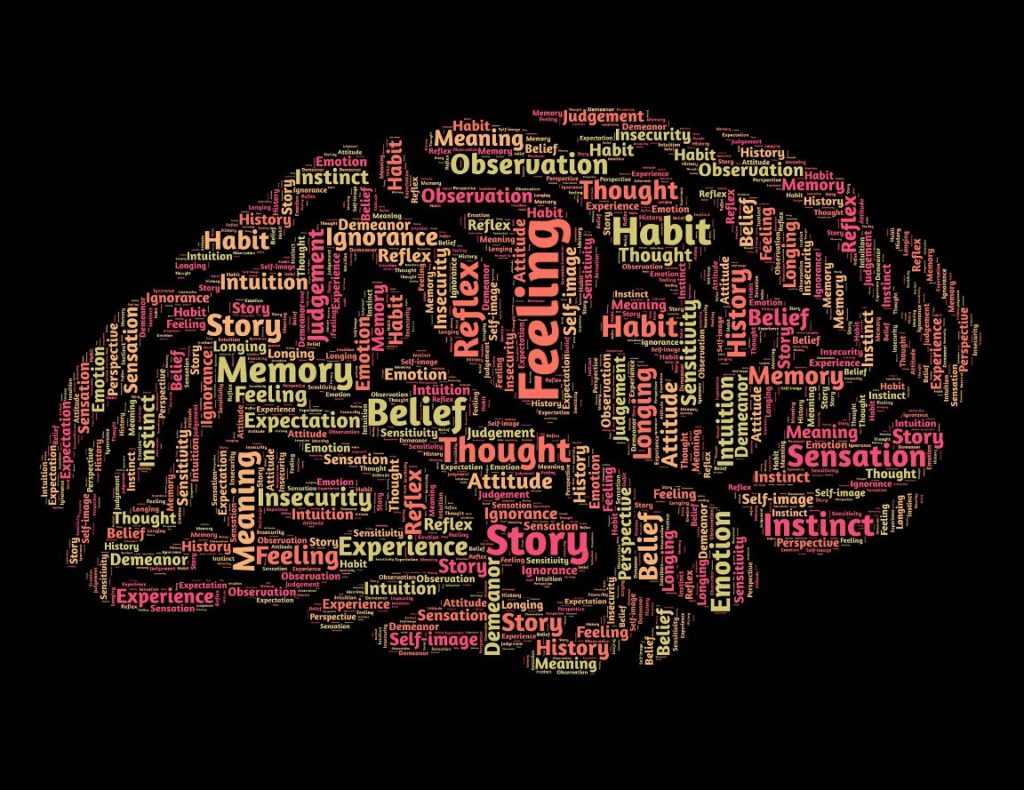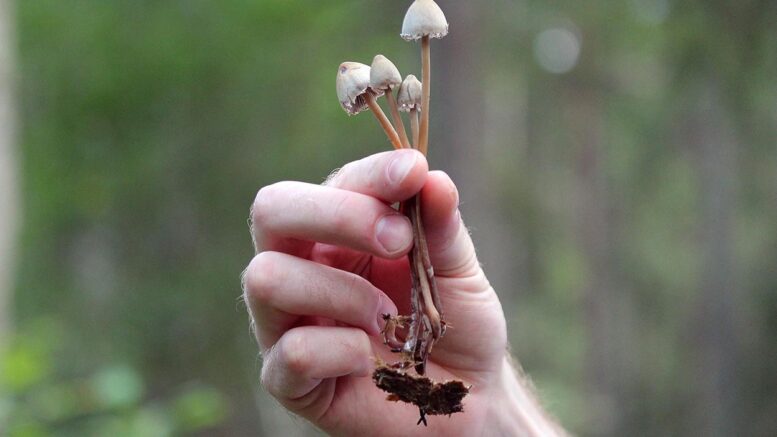For decades now, researchers have engaged in an endless discovery of the properties of psychedelic drugs they initially thought were harmful. After careful study, they realized that these drugs could have therapeutic benefits that are helpful for people dealing with anxiety, depression, and addiction. Asides from MDMA and magic mushrooms that would be discussed here, there is also LSD. They are Schedule I drugs with restrictions in many countries because they have a high potential for abuse. As a result of the restrictions, scientists are having a hard time engaging in extensive research on them so as not to cross the boundary. Thanks to the renaissance sweeping the scientific realm, we make bold to say that these drugs have proven mental benefits when used in a controlled setting. So, let’s start with psychedelic therapy.
What does psychedelic therapy imply?
According to Alan Davis, an assistant professor of psychiatry and behavioral sciences, psychedelics help tackle depression and mental distress associated with life-threatening illnesses. A study carried out among 24 depressed participants showed that those who received psilocybin-assisted therapy significantly improved compared to those who didn’t. After the research period, only those who got this special treatment could get out of their depression completely. This success didn’t translate to a one-off treatment module. It didn’t mean that the participants took a dose of magical mushrooms or MDMA, and all the problems vanished. What it meant was that the scientists developed an approach consisting of a supervised setting where professionals administered the drug. Participants first had eight hours of preparatory meetings with two trained facilitators. After that, they underwent a two-day long session with the facilitators where they are made to listen to music. Generally, patients received 11 hours of supportive psychotherapy and drug treatment. The entire treatment process is supposed to last for eight weeks. Take note that the facilitators support the patients before, during, and after the drug experience.

How does psychedelic therapy work?
For some persons, antidepressants are all they need to come out of that life-threatening depression and other mental issues. For others, it has proven to be useless over time. Some people would rather combine drug treatment with therapy to get a better outcome. Researchers notice that these medications often come with side effects like insomnia, loss of appetite, reduced desire for sex, and withdrawal from the activities you loved. With psychedelic therapy, you can experience therapeutic effects after a single session. The best part of it all is that it is long-term. Of course, it may come with side effects like increased heart rate, drowsiness, nausea, and hallucinations, depending on how it is administered. However, when taken for a short period, these side effects may not occur. This is why doctors recommend that the drug be taken under close supervision.
Like antidepressants, psychedelics have effects on neurotransmitters like serotonin. Experts also think that this drug can reconfigure our neural architecture. How then does this drug treat depression? They stimulate the growth of new neurons and the connections between them. This action is known to treat PTSD, depression, and other related issues.
Researchers are currently investigating MDMA and magic mushrooms, and I’ll tell you why. Let’s start with the first one:
MDMA
MDMA became popular during the electronic dance music culture of the 1980s and 1990s. The drug is derived from safrole oil, an essential oil found in the sassafras tree located in North America. The effect of the drug is warmth, connectedness, closeness, and empathy. These feelings tend to last only a few hours after which it disappears. It also affects serotonin and oxytocin, which are associated with building social bonds. MDMA is also known to increase heart rate, sweating, restlessness, jaw clenching, and increased body temperature. A 2020 study published in Psychopharmacy showed that patients with PTSD who received about three small doses of MDMA had significant improvements in their symptoms. They didn’t have to abuse the drug to be okay. Not only is this research leading to positive outcomes, but it also gives hope to the psychiatry field. The Multidisciplinary Association for Psychedelic Studies (MAPS) has also dedicated time to research into the therapeutic potentials of MDMA-assisted psychotherapy. Countless trials have been held, and if the final one pulls through, the drug may be confirmed by the Food and Drug Administration and may be officially approved.
Magic Mushrooms
Magic mushrooms have existed for as long as we can remember. Precolonial Africans and the stone age artists in Europe have depicted them in their paintings. Studies from ancient populations of the Sahara Desert showed that the people have always known magical mushrooms and have created a strong connection between them. Psilocybin is a chemical compound derived from some fresh or dried magic mushroom and has since remained the center of scientific research. In recent times, researchers have found out that psilocybin-assisted therapy is helpful for people with treatment-resistant depression and end-of-life depression and anxiety. This means that if one’s depression has defiled physical treatment or they are at the brink of giving up on life, this is the best therapy to bring them back to life. No doubt, there are side effects, but they can be handled if taken in the recommended proportion. Some of the side effects include vomiting, headaches, sleepiness, and nausea.
What is even more interesting about these findings is that several studies have concluded that psychedelics like MDMA and magic mushrooms are not addictive or cause organ failure when taken in high doses. This school of thought also dismissed claims that the drug leaves holes in the user’s brains. While this narrative rules on one side, another school of thought believes that more research is needed to confirm these claims. As a result of these controversies, more universities in the US set up psychedelic research centers and are getting attention from investors. Given the curiosity that has arisen over the years, it would be hard for a definite answer about this drug to come through.
